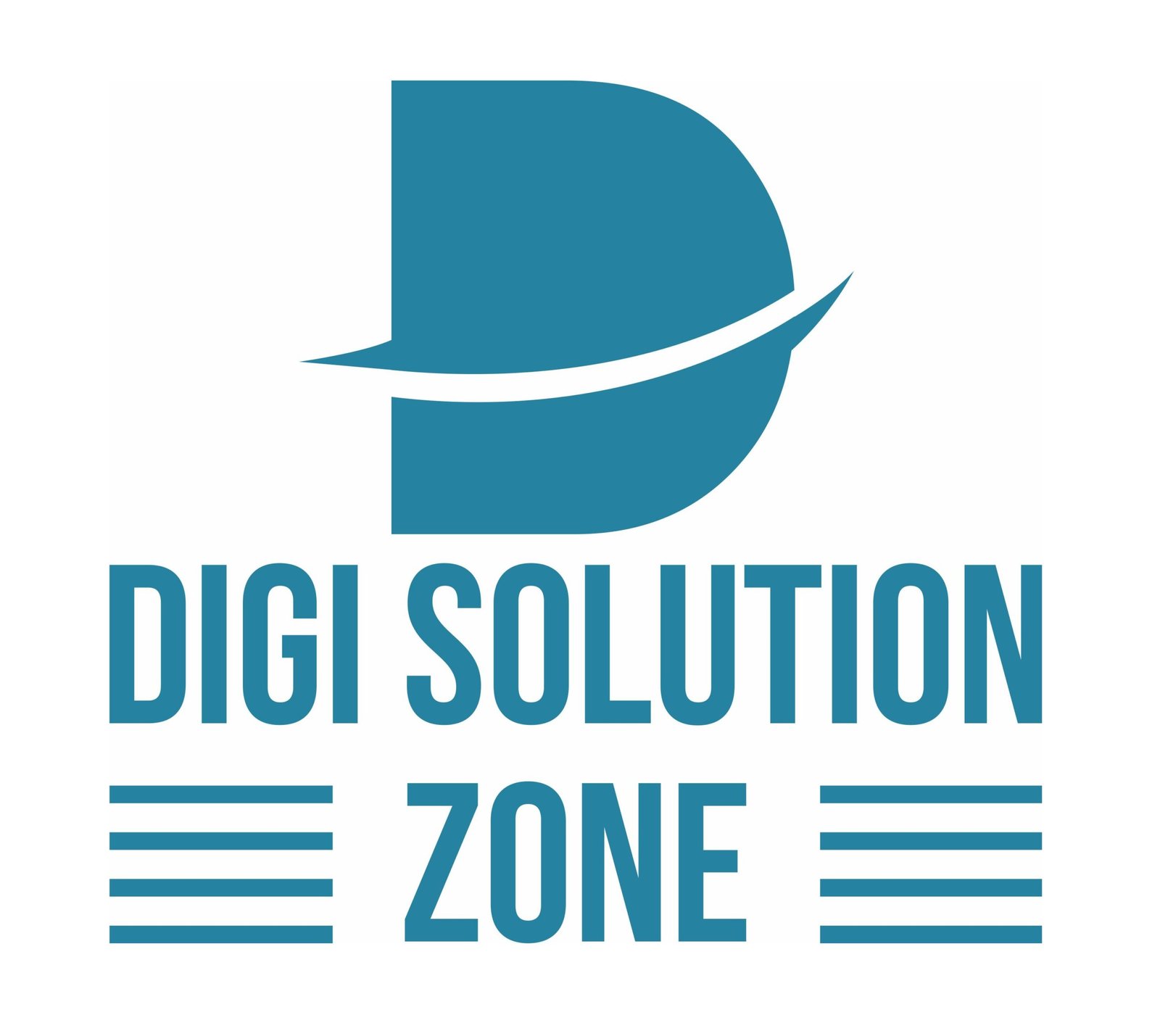Starting or growing a business often requires additional funding to cover operational costs, expand operations, or meet other financial needs. Two common financial products that businesses often turn to are merchant cash advance loans and small business loans. These options can provide businesses with the necessary capital they need to succeed, but it’s important to understand how each of these works and how they can benefit your business.
What Is a Merchant Cash Advance Loan?
What is merchant cash advance loan? A merchant cash advance (MCA) loan is a type of financing where a business receives a lump sum of capital in exchange for a percentage of its daily credit card sales. This type of loan is often used by businesses that deal with a high volume of credit card transactions, such as retail stores or restaurants. Unlike traditional loans, an MCA is not based on credit score or assets but on the business’s daily sales.
The main appeal of an MCA is its speed and flexibility. With fewer requirements than conventional loans, businesses can access funds relatively quickly. Repayments are tied to daily sales, so the repayment amount varies based on the performance of the business. This makes it easier for businesses with fluctuating sales to manage cash flow without the burden of fixed monthly payments.
How Merchant Cash Advances Work
In an MCA, a business agrees to repay the loan by allowing the lender to deduct a fixed percentage of daily credit card sales until the full loan is repaid. This percentage is typically between 5% and 20%, depending on the agreement terms. Because repayments are tied directly to sales, the amount a business owes changes in response to its performance. In months with higher sales, the repayment amount will be larger, while in leaner months, the repayment will be smaller.
This structure makes merchant cash advances a good option for businesses that experience seasonal fluctuations in revenue or for those in need of quick cash to address short-term financial gaps. However, one of the potential drawbacks is that MCAs can be more expensive than traditional loans, due to the higher interest rates and fees that can be associated with this type of financing.
Exploring Wells Fargo Small Business Loans
Wells Fargo small business loans are a traditional lending option available to entrepreneurs’ seeking capital for various business needs, from expanding operations to investing in equipment or managing working capital. These loans come in various forms, including term loans, lines of credit, and SBA loans, each offering different repayment terms and interest rates.
One of the benefits of Wells Fargo small business loans is the established reputation of the bank, which often offers competitive interest rates and favorable loan terms for qualifying businesses. Small business owners can access funding ranging from a few thousand dollars to several million, depending on the type of loan and the specific needs of the business.
Unlike merchant cash advances, small business loans require businesses to meet specific eligibility criteria, such as a solid credit history and proof of revenue. The application process may take longer compared to an MCA, but the interest rates tend to be lower, making it a more cost-effective option for businesses that can afford to wait for loan approval and meet the lending criteria.
Key Differences Between Merchant Cash Advances and Small Business Loans
The primary difference between a merchant cash advance and a Wells Fargo small business loan lies in the structure of the repayment process. An MCA is repaid based on daily sales, making it an ideal option for businesses with fluctuating or unpredictable revenue. In contrast, a Wells Fargo small business loan typically has fixed repayment terms, where businesses make regular payments over a set period.
Additionally, small business loans generally have lower interest rates than MCAs. However, small business loans come with stricter eligibility criteria, such as a solid credit score and a proven track record of business performance. On the other hand, merchant cash advances are often available to businesses with poor credit or limited financial history but come with higher costs due to their flexible repayment structure.
Choosing Between a Merchant Cash Advance and a Small Business Loan
When deciding between a merchant cash advance and a Wells Fargo small business loan, it’s crucial to assess your business’s financial situation and needs. If your business experiences irregular sales or requires immediate funding with minimal documentation, an MCA may be a better fit. On the other hand, if you have a stable income, good credit, and a long-term plan for growth, a small business loan from a reputable bank might be a more affordable option.
Both financing options have their advantages and disadvantages, so it’s important to carefully evaluate the terms and costs before making a decision.
Conclusion
Understanding the difference between a merchant cash advance and Wells Fargo small business loans is essential for making an informed decision about how to finance your business. Each option offers unique benefits and challenges, and choosing the right one depends on your business’s financial health and funding needs. For expert guidance in navigating these financing options, visit grantphillipslaw.com to learn more.




